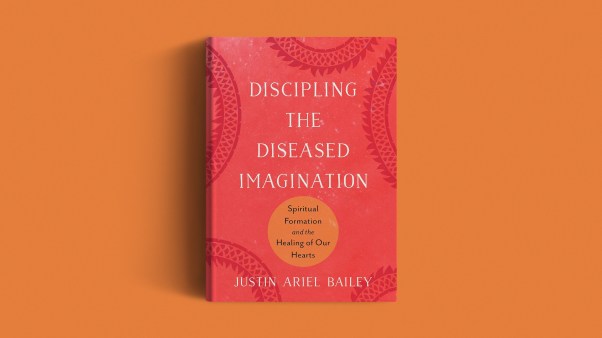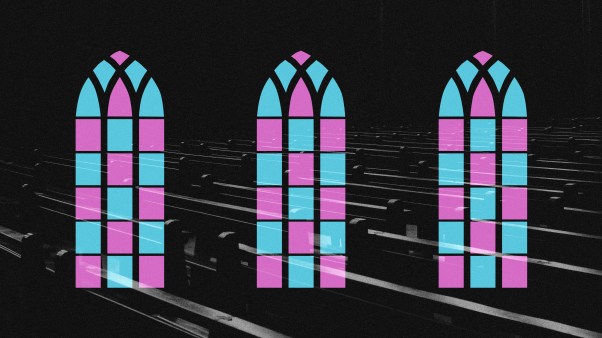I still vividly remember the first time I went to speak with an older, wiser Christian about some significant personal pain. I remember sitting down in his office, tongue-tied. I remember my halting effort to find the words to express my questions. I remember, afterward, feeling the joy of a burden lifted.
But as much as I remember anything about that day, I remember why I went to see that particular mentor rather than someone else.
First, I knew that this friend had suffered. He had already described for me his own dark times in which he had cried and prayed to God for relief.
Second, I knew my friend had somehow journeyed on beyond where I was. Not only was he several decades my senior, those years of faith had also deepened and seasoned him, like a rich-hued oak table grown darker and smoother with repeated polishing. It was the combination—suffering and godly maturity—that made me want to confide in my friend.
This experience illustrates why many Christians throughout the ages have wanted to affirm two things about God’s saving relationship to us. Placing their faith in a crucified Savior, the early Christians declared that God has suffered. It was, in the words of the church fathers, precisely one of the Trinity who bled and died for us. As Scripture puts it, “We don’t have a priest who is out of touch with our reality. He’s been through weakness and testing, experienced it all—all but the sin” (Heb. 4:15, MSG).
But, in the same breath, our Christian forebears also declared that God—the same God who hung on a tree for our salvation—didn’t give up his transcendent majesty when he did so. God remained who he always had been: the One who is beyond human change, suffering, and death.
To be sure, holding on to both of these affirmations often resulted in paradoxical statements. Like a third-culture kid trying to straddle her native home and a new environment, the church fathers and those who came after them tried creative ways of speaking about God’s work in Christ. Charles Wesley, the Methodist hymnist, exclaimed, “ ’Tis mystery all: / Th’ Immortal dies!” The One who cannot die—has died. Cyril of Alexandria, a fifth-century bishop in Egypt, spoke teasingly of “the suffering of the impassible [or ‘unable-to-suffer’] God.” The One who is impervious to human suffering has suffered.
What these writers were trying to articulate was the paradox of a God who surrenders none of his saving health and power, even in the moment when God humbles himself to the most abject weakness and vulnerability. Only if God remains God—immutable, omnipotent, and impassible—could the Cross be a rescue operation rather than merely a comforting but ultimately ineffective solidarity with us humans in our misery. As Eastern Orthodox theologian Paul Gavrilyuk writes, “The compassionate person…is able to help precisely because he is not susceptible to suffering to the degree to which the victim is.”
Thinking back to my time with my older friend, I catch a glimpse of why this paradox was so important to the early Christians. I knew I needed to talk with someone who would be a sensitive fellow sufferer, who could identify with what I was feeling, one who was familiar with sorrows and acquainted with grief. But I also knew that no amount of “I’ve been there too” camaraderie would be enough if my mentor couldn’t also somehow pull me out of the mire I’d fallen into. Empathy could only go so far. If my friend didn’t stand ahead of me, at a farther point down the road of discipleship, he wouldn’t have been much help.
The same is true with God—albeit in a qualitatively different way. The reason the death of Jesus is able to defeat death, rather than capitulate to it, is that Jesus is God. He is the same God who told Moses from the burning bush, “I am who I am” (Ex. 3:14).
He is the One who stands beyond time and the waves of human vacillation and defenselessness. That is the One who carried his own cross to Calvary. If that One died, his death could never be mere sympathetic cosuffering with us. That death was the end of death. That death broke death’s power forever because it was the death of the Deathless One. Praise him.
Wesley Hill teaches New Testament at Trinity School for Ministry in Ambridge, Pennsylvania. His latest book is Spiritual Friendship.










